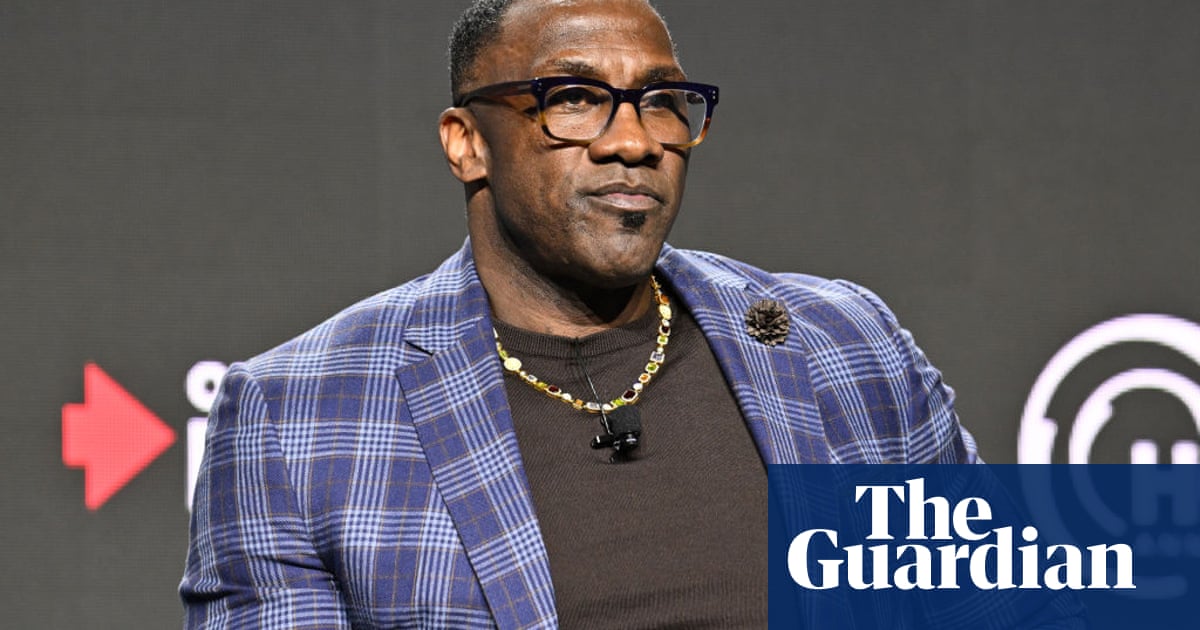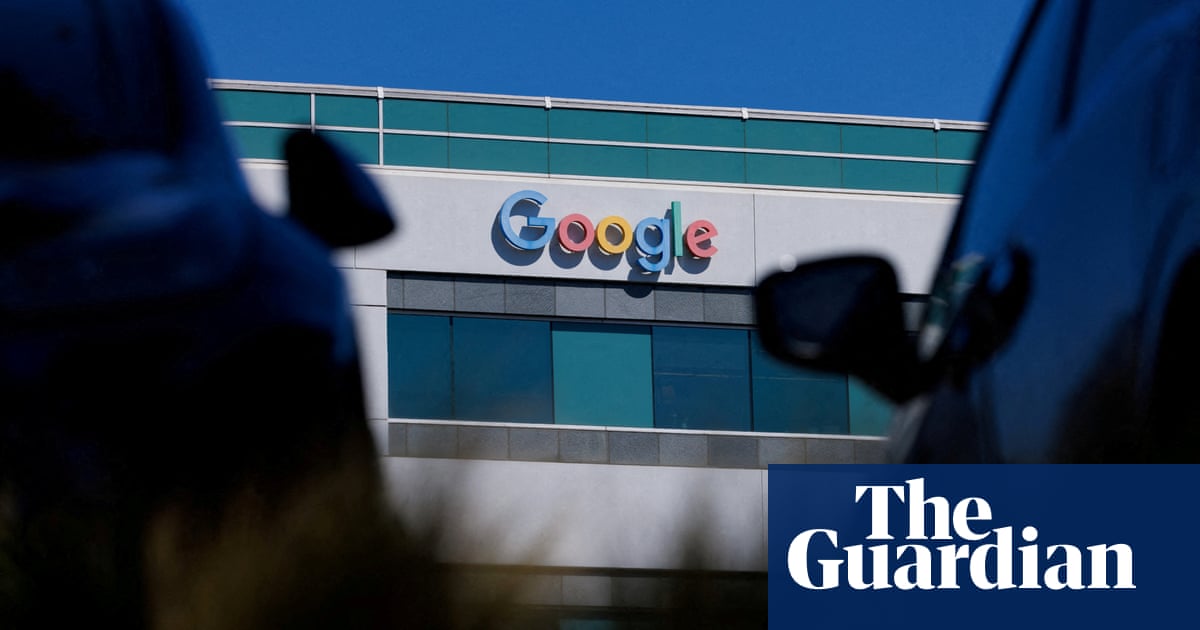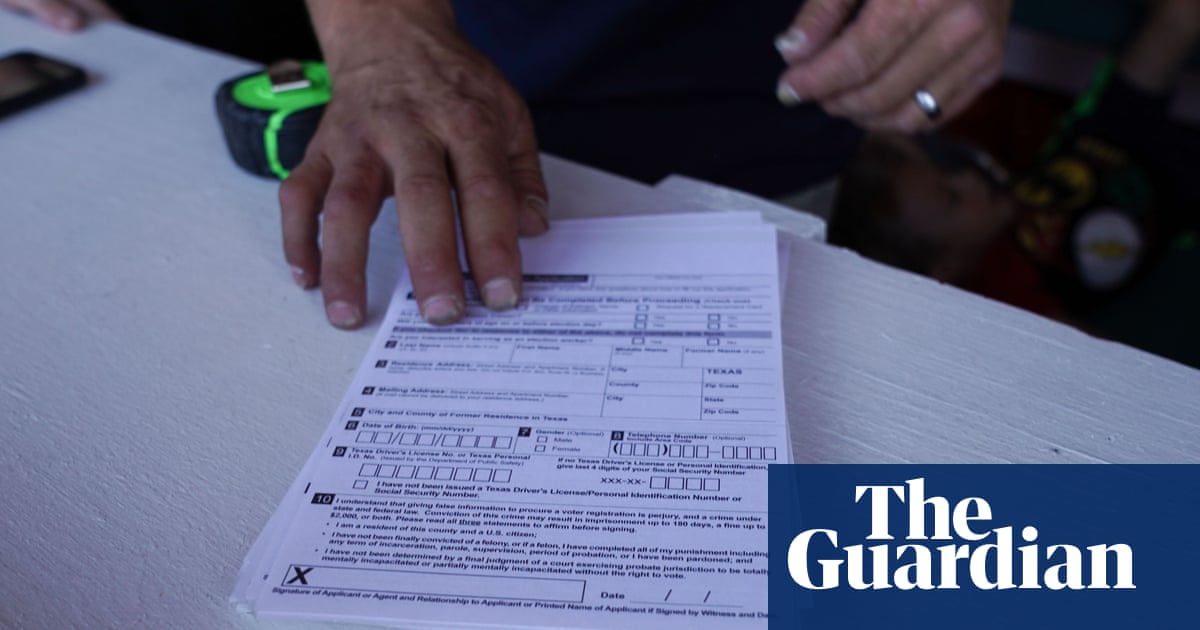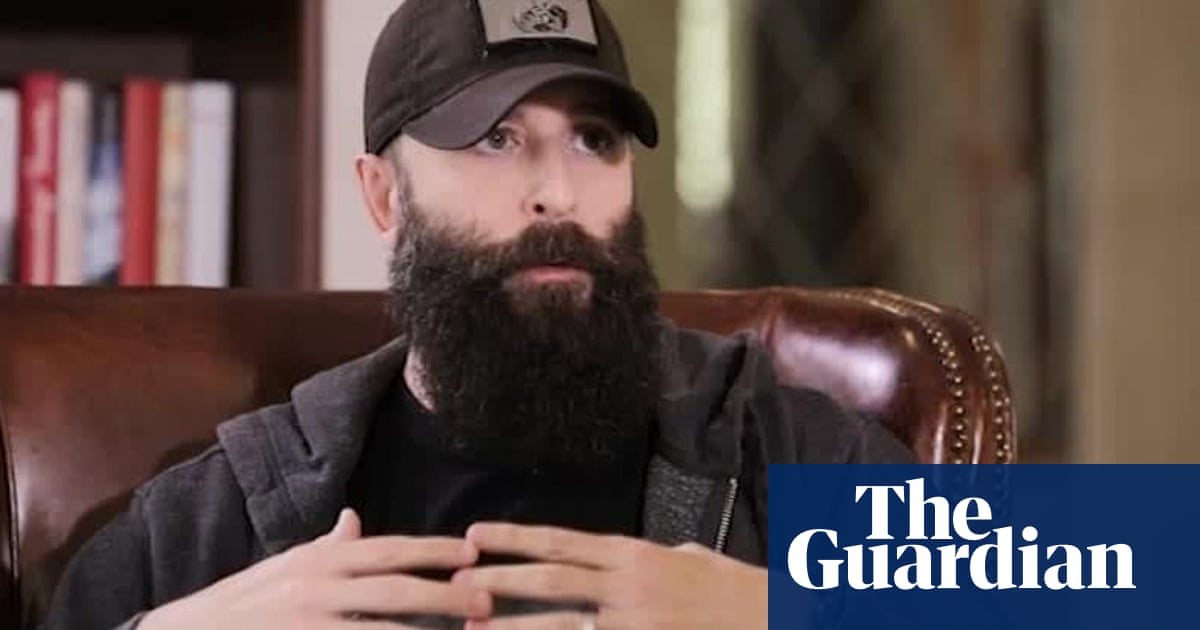Employees from Barnard College received text messages this week from the federally run Equal Employment Opportunity Commission (EEOC) on their personal phones linking to a voluntary survey asking recipients if they are Jewish or Israeli and whether they have been subjected to harassment or antisemitism.
The text, which was reviewed by the Guardian, states that the civil rights agency is “currently reviewing the employment practices at Barnard College” and invites current and former employees to complete the linked survey. It is not clear how many college employees received the survey, but it appears to have been sent to a sizable portion of the faculty and other staff.
The survey, which appeared to be part of the Trump administration’s aggressive investigations into American colleges and universities over antisemitism allegations stemming from pro-Palestinian protests, sparked anxiety among some recipients.

“Regardless of the stated intent, this survey in effect creates a list of Jewish faculty, staff and students at Barnard,” said Elizabeth Bauer, a Barnard professor and chair of the college’s biology department, who said she was alarmed by the message.
“The government is also now requiring undocumented immigrants, including children, to register with DHS. I’ve seen this movie before and I’m horrified.”
The survey asked whether the respondent currently works at Barnard or has ever been employed there and prompted respondents to select all that apply of the choices: “I am Jewish”, “I am Israeli”, “I have shared Jewish/Israeli ancestry”, “I practice Judaism” and “Other”.
Another question asked: “While working at Barnard College, were you subjected to any of the following because you practice Judaism, have Jewish ancestry, are Israeli, and/or are associated with an individual(s) who is Jewish and/or Israeli?”
Respondents could select from options including, “unwelcome comments, jokes or discussions”, “harassment, intimidation”, “pressure to abandon, change or adopt a practice or religious belief” and “antisemitic or anti-Israeli protests, gatherings or demonstrations that made you feel threatened, harassed or were otherwise disruptive to your working environment”.
Other questions asked the respondents’ employment details, supervisor name, date of hire and more.
Elizabeth Hutchinson, an associate professor of American Art History at Barnard, a women’s college affiliated with Columbia University, said when she received the message on her personal phone at 5.39pm ET on Monday, her initial reaction was: “This must be some kind of scam, because, how could the EEOC have my contact information.”
The message addressed her by name and, initially, Hutchinson said, she didn’t open the links.
“I was frightened, and wasn’t sure what it entailed,” she said.
Celia Naylor, a professor in the Africana studies department at Barnard College, also received the message on Monday. She quickly discovered that “a lot of people I know – faculty and even some staff – also received it”.

As many faculty and staff tried to verify the message’s legitimacy in group chats on Monday evening, Barnard’s general counsel, Serena Longley, sent an email about the messages.
Longley explained in the email, which was viewed by the Guardian, that the college had “received multiple reports that some employees have received text messages from the EEOC inviting them to complete a voluntary survey”. She also said Barnard, Longley “was not given advance notice of this outreach”.
“Participation is entirely voluntary. If you choose to respond, please know that both federal law and Barnard policy strictly prohibit any form of retaliation,” she continued.
Longley sent a follow-up email to Barnard employees on Wednesday, which was also reviewed by the Guardian, explaining that the EEOC launched an investigation last summer against Barnard “concerning whether or not the College discriminated against Jewish employees on the basis of their national origin, religion and/or race in violation of Title VII of the Civil Rights Act of 1964”.
“Barnard prides itself on being an inclusive and respectful workplace for all people, including our Jewish employees, and has been robustly defending the College against this EEOC inquiry,” Longley wrote, adding that the EEOC was “legally entitled to obtain the contact information of Barnard employees so that it could offer employees the option to voluntarily participate in their investigation”.
“Barnard complied with this lawful request,” she said.
The college heard from current and former employees in recent days who asked to be notified in advance before their contact information is shared, the email also noted.
“Going forward,” she said, “if and when we are required to provide information about staff in connection with an investigation or litigation, we will provide you with advance notice unless we are subject to a court order that prohibits us from doing so.”
Longley also emphasized that participation in the EEOC survey was voluntary.
A spokesperson for the EEOC said: “Per federal law, we cannot comment on investigations, nor can we confirm or deny the existence of an investigation.” Barnard did not respond to a request for comment.
After hearing others discuss its content, Hutchinson finally opened the survey on Wednesday and found it “utterly shocking”.
“It’s very clearly a fishing expedition,” she said, before noting that the survey “is clearly presuming guilt and looking for very specific kinds of evidence for their case”.
Hutchinson also said that while she was grateful for the information provided in Barnard’s emails this week, she felt that they did not “acknowledge the reality that the faculty are experiencing a heightened surveillance of our campus that is now intruding into our personal devices on our personal time”.
To Hutchinson, the message on Monday was “unprecedented” has “really ramped up the unease on campus”, with faculty now feeling vulnerable both in their classrooms and now in their private spaces too.
Naylor echoed that faculty, students and staff were concerned about how their personal information was being used by Barnard, and shared with federal agencies. They are unsure of what other personal details have been provided.
Debbie Becher, a Barnard sociology professor who is Jewish, spoke to the New York Times this week about the text message and survey, saying that she found it “a bit terrifying” that the federal government “wants to know who the Jews are through some text message and Microsoft Office form”.
Bauer said that not all of the Barnard faculty and staff received the message, adding that it was “unclear” why some did not receive it and others did.
“It was obvious that the survey was a fishing expedition by the EEOC to find Title VII violations,” Bauer said.
Colin Wayne Leach, a professor of psychology and Africana Studies at Barnard College, said that “as a dean focused on supporting our faculty”, he had been hearing from many colleagues this week who are upset about the messages.
They were “surprised” that the EEOC “would choose this informal, unannounced, and intrusive way to ask employees to complete a survey on their experiences of such an important topic as anti-semitism at their place of work”.
The Spectator, Columbia’s University paper, reported on Wednesday that several members of Columbia’s faculty also received the text message from EEOC.
Rebecca Kobrin, co-director of the Institute for Israel and Jewish Studies (IIJS), told the Spectator that she and other members of IIJS received the message.

 7 hours ago
5
7 hours ago
5













































